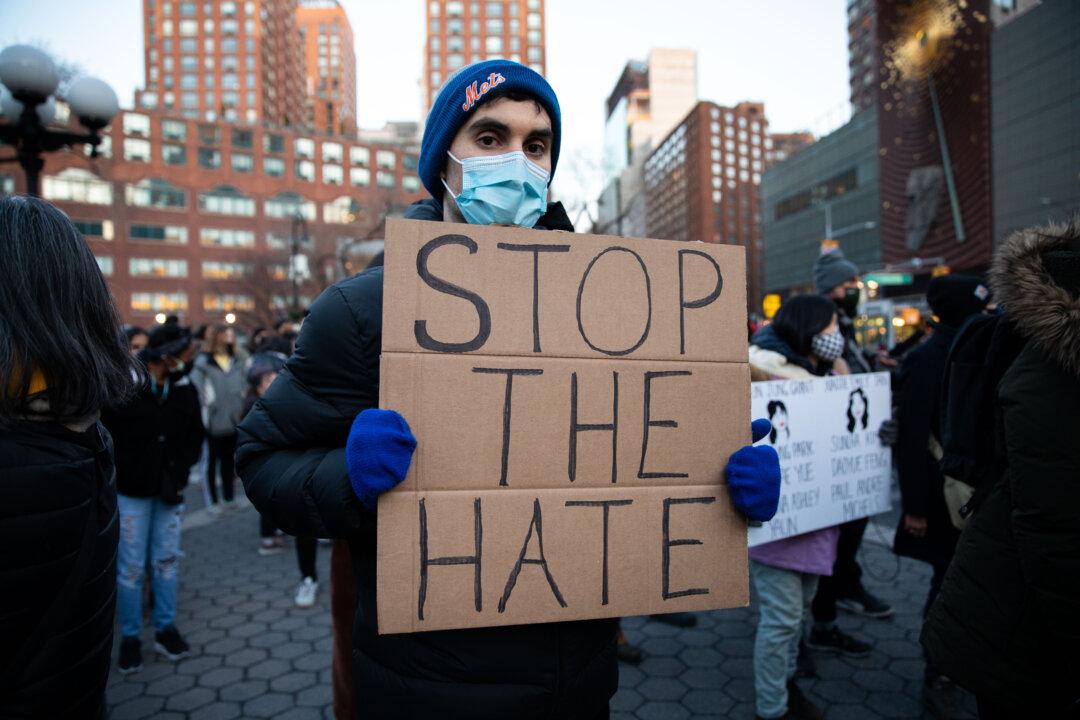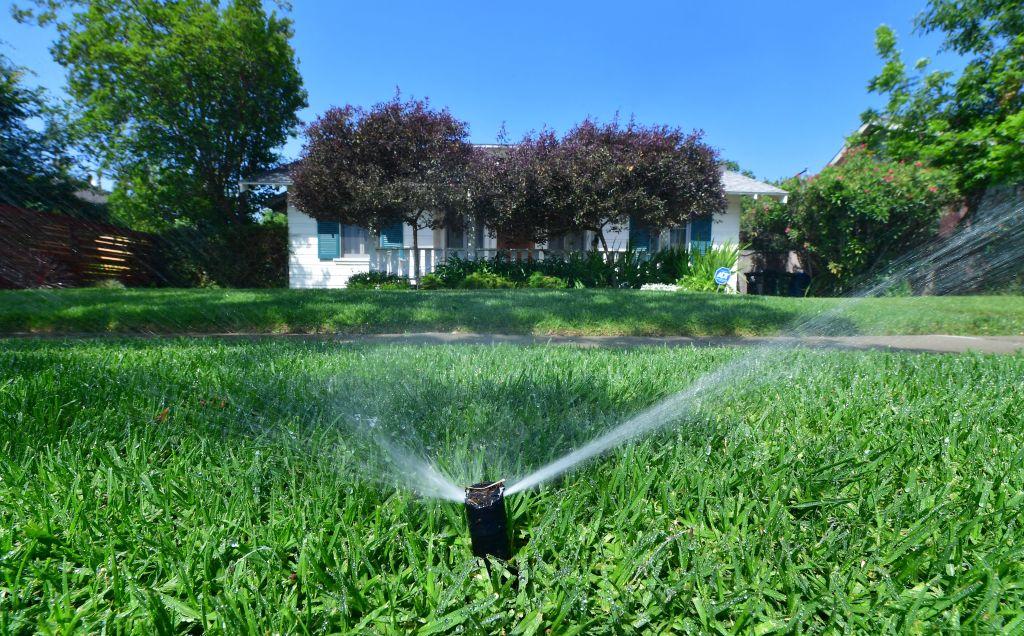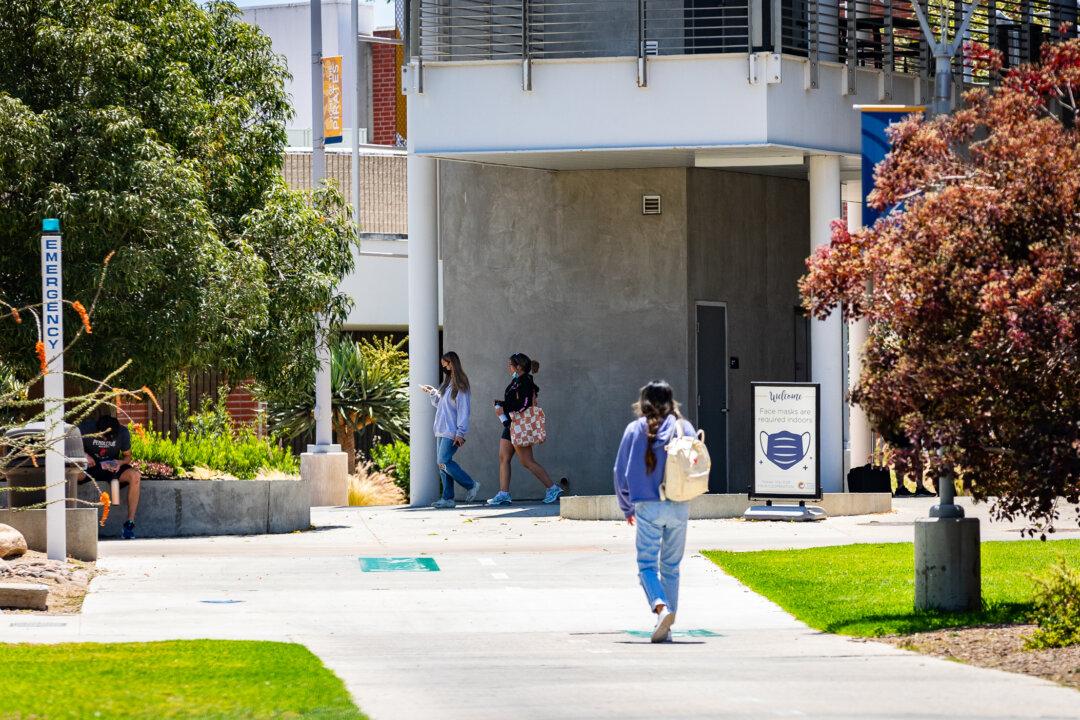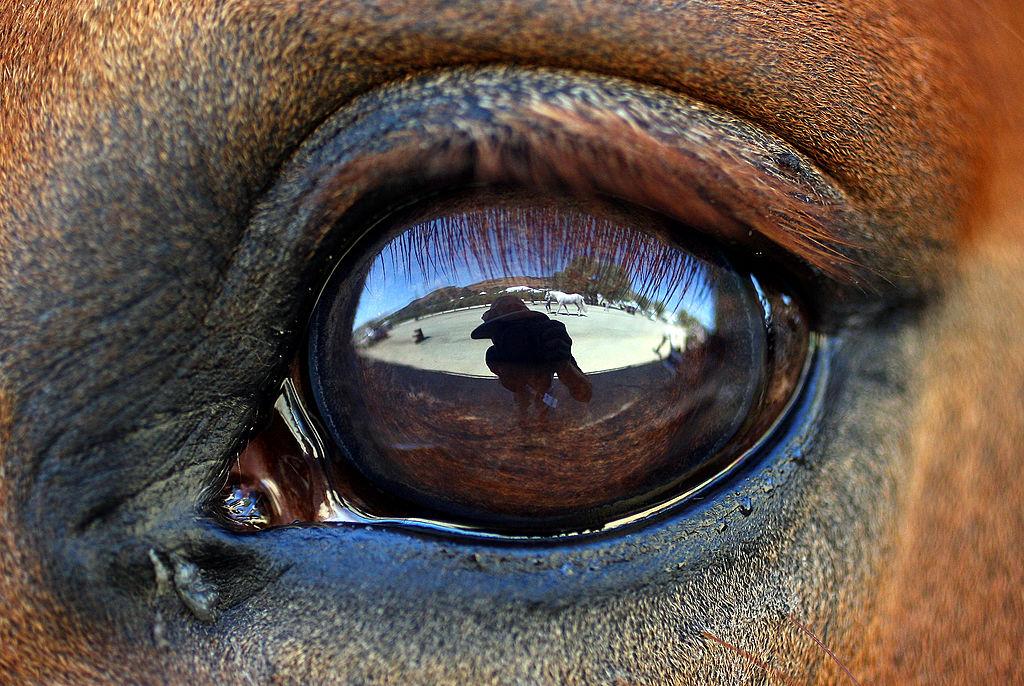A new Los Angeles County report (pdf) identifies a significant rise in anti-Asian hate crimes, but critics say the crimes may not be race-motivated.
The Los Angeles County Commission on Human Relations released a statement Oct. 20 showing a total of 44 anti-Asian crimes reported in 2020—a 76 percent increase from the previous year’s data.




